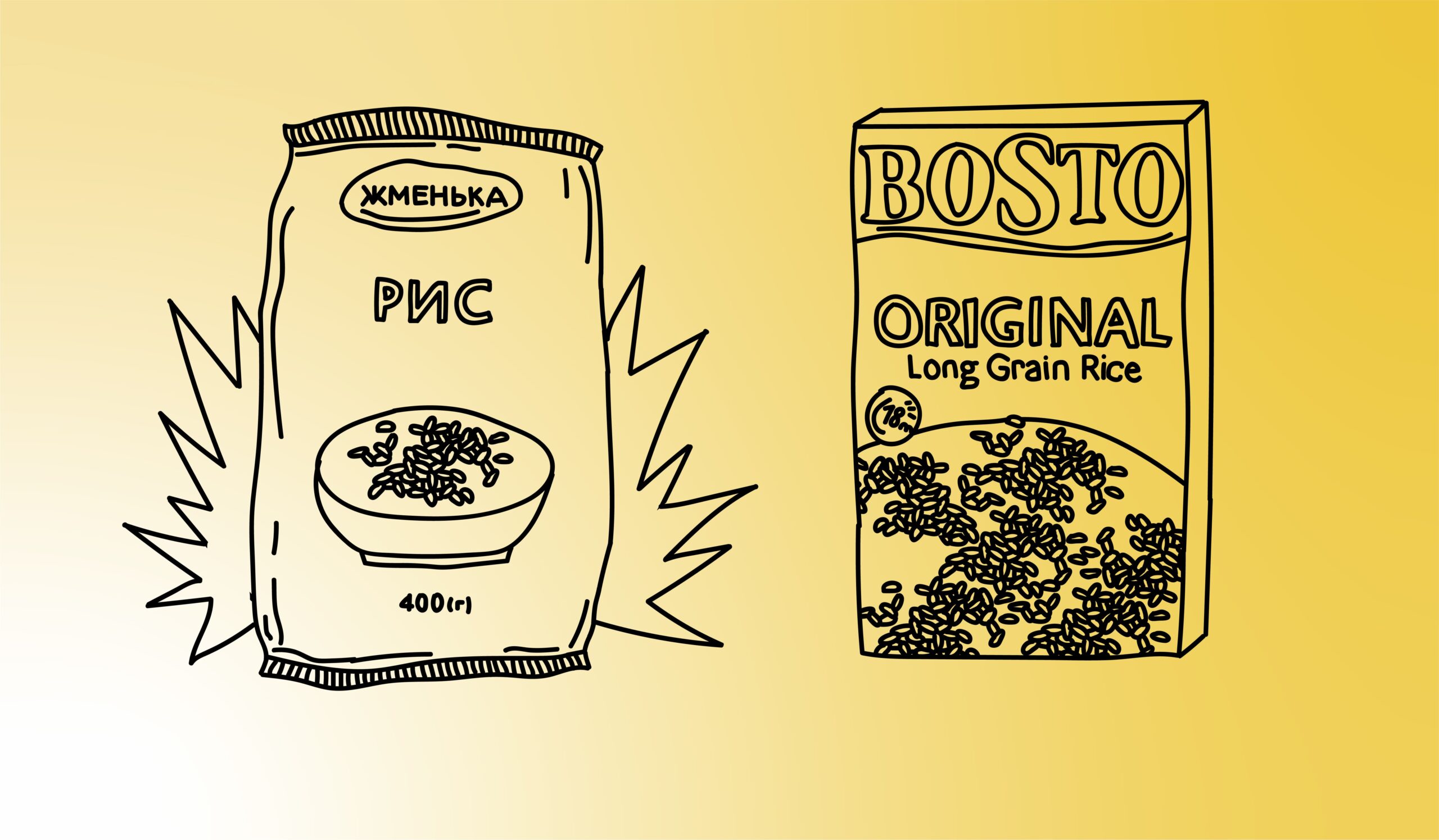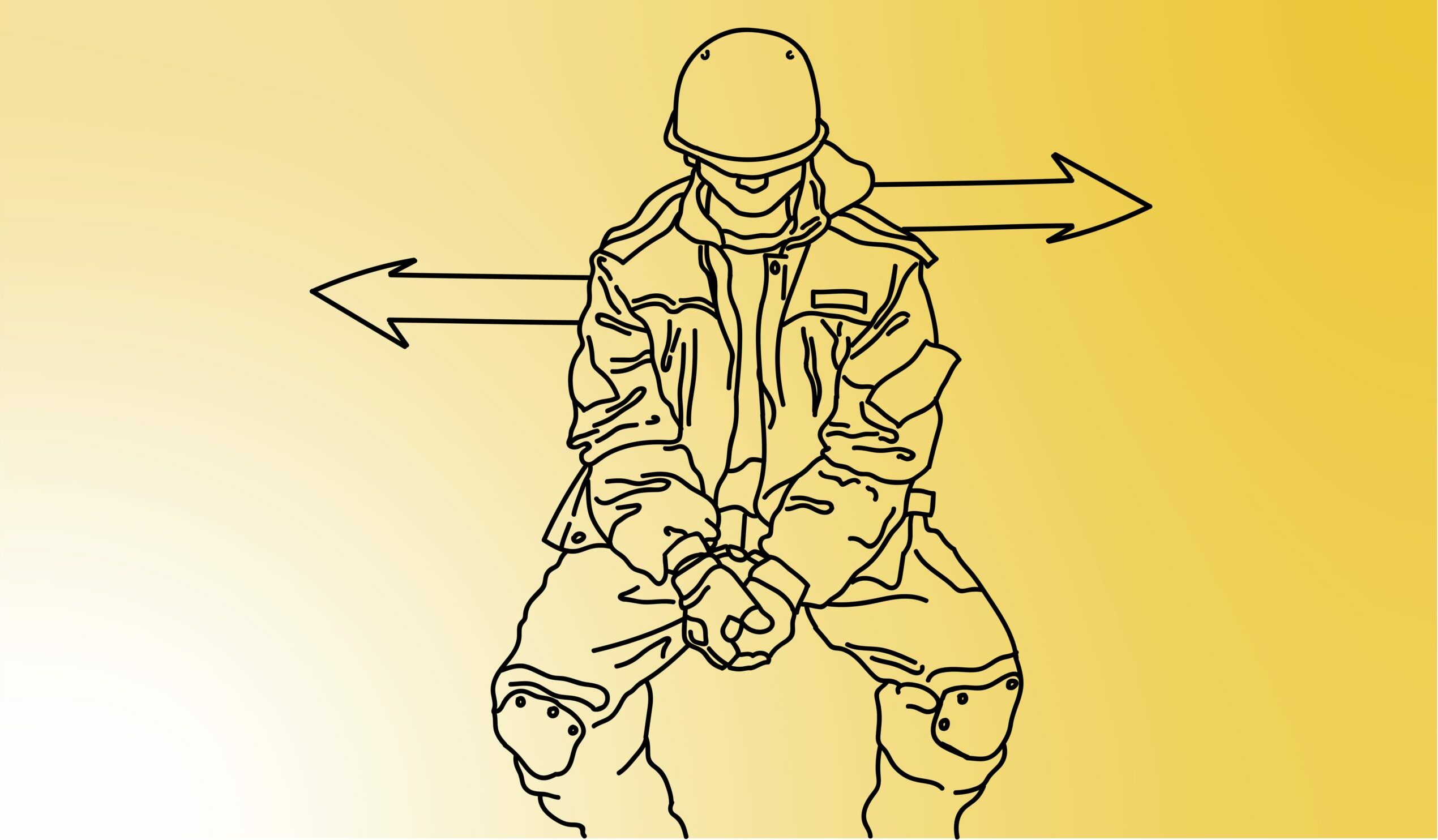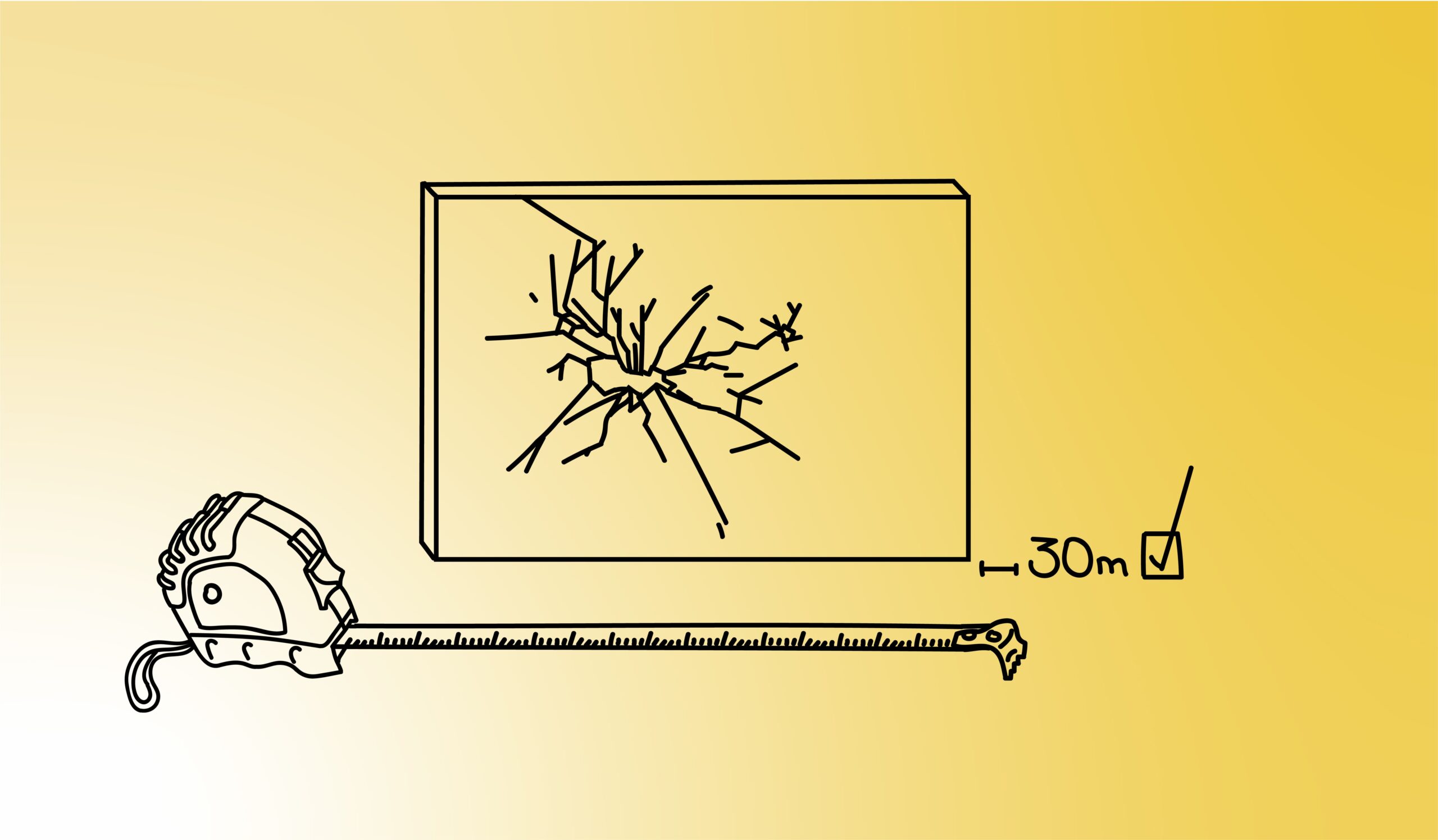
About the project
The fact that economists are the only people who need knowledge of economics is one of the greatest myths of our time. We all live in a world of limited resources, so we constantly have to make choices. Work and volunteer in the rear or fight at the front, do homework or play the League of Legends, learn to code or fulfill the dream of creating your own band, stay in a secure job or start your own startup, invest in Bitcoin or sports collectible cards, shoot TikTok video or improve your English? In such situations, economic thinking will help you make an informed choice. So let's think economically together!*
* The project is implemented in cooperation with the international educational initiative Economic Fundamentals Initiative with the support of the Atlas Network. The materials are based on the Common Sense Economics textbook (https://www.econfun.org/uk).
Incentives in everyday life: what are they?
Until the morning of February 24, you would wake up in the morning and went to work (or to another room if you worked on the remote) to earn money. We went to the gym to be in good physical shape (or to make our ex jealous). We would increase children's pocket money if they have good grades. We would buy a Zhmenka rice when Bosto became very expensive. After February 24, some of us live in a "survive" mode, and others, in "protect" mode.
In all these situations, you act under the influence of certain incentives. Your actions are a rational reaction to them.
What does economics have to do with it?
One of the basic tenets of economics is that incentives have a predictable effect on human behavior. And this applies to any of our activities.
An incentive is what motivates us to behave.
If a product or service becomes more expensive, the likelihood that you will continue to buy it decreases. Conversely, if the benefits of a choice increase, so do the likelihood that you will choose it.
When choosing a place to evacuate your family, you will most likely not consider the East and South of the country. Being late for a meeting it is less likely that you will find time to make coffee and watch the news. However, if you have 15 free minutes, then why not? You are more likely to pick up a 1 hryvnia coin from the sidewalk than 10 kopiykas, and students will be more attentive during classes if they know that the topic will be taken to a test or exam.
If you look closely at how the market works, you will see how a set of rules creates the conditions under which personal incentives motivate social cooperation. It sounds complicated, but in fact, this mechanism is simple: through prices, profits and losses, it affects people's subjective desires.
If buyers want to buy more than the producers are able or willing to sell, its price will soon rise. As the price increases, sellers will be more willing to offer this product, because you can earn more on it, while buyers will buy less. This will continue until supply and demand reach equilibrium and the price stabilizes. Conversely, if sellers are unable to sell their products at the current price, they will have to lower the price. The reduced price will encourage people to buy more, but will also discourage producers from maintaining existing production volumes, as supplying the product at a new lower price is less profitable for them.
How does it work elsewhere?
We observe the same state of affairs in the political sphere. All other things being equal, voters will support the political candidates and the political course, which, in their opinion, will provide them with the greatest personal benefits at minimum cost. That is why it is difficult to imagine a retired person voting for a candidate, who promises to waive the state's obligations to pay pensions.
Incentives are a part of human nature that motivates us to make certain decisions. Accordingly, in order to achieve the desired behavior, it is necessary to determine the right incentives. Otherwise, the result will not be what you intended. Imagine that a factory's management rewards employees for the tonnage of sheet glass produced. How do they respond to this incentive? They make such thick glass that it is difficult to see anything through it. And if the reward depends on the number of square meters – they would produce a glass so thin that would break easily. Sometimes, the result may even be the opposite of the goal, the so-called "cobra effect". During the British colonial rule in India, the governor, in an attempt to get rid of too many cobras, set a reward for the head of each slain snake. At first, their number really decreased, until the locals began to breed them underground to receive the award. Therefore, when the reward was canceled, it turned out that the number of cobras increased.
Or a relevant example of today. In the news, we see reports that the Russian occupiers are surrendering when illusions about their peacekeeping role in the "military operation" are dispelled. According to them, they cannot return because of the barricading detachments in the rear, which are shooting deserters. Accordingly, there is an incentive not so much to continue fighting as to surrender. Which is clearly not in line with the plans of their leadership.
An example of the right incentive can be found in the practice of the British government in concluding contracts with captains of ships to transport prisoners to Australia in the 1860s. The survival rate of prisoners was only 40% and calls for captains to increase this figure for moral reasons did not work. Economist Edwin Chadwick then advised that instead of paying captains for every prisoner who boarded a ship in England, pay for every prisoner who disembarked in Australia. As a result, their housing conditions have significantly improved and their survival rate has exceeded 98%.
Therefore, consider what incentive you are acting on and what incentives you are creating for the people around you.
And to better understand how the laws of economics shape our daily lives, we recommend reading books! Let's put together a small "bookshelf."
- Our first recommendation: Common Sense Economics








